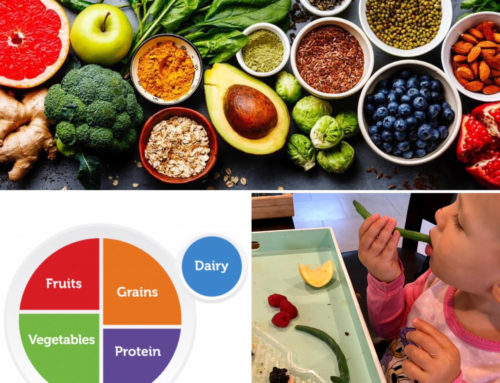Do you or your children have cracking chapped hands from alcohol sanitizers? Follow these 3 steps and heal your hands in a week’s time.
Take a break from alcohol sanitizers. I recommend Babyganics fragrance-Free Alcohol-Free Foaming Hand Sanitizer as it is less abrasive and will not elevate blood alcohol levels. Apply a hypoallergenic cream or emollient 2-3 times a day and again at night. Cover your hands in gloves at bedtime to allow the cream to help seal the top layer of skin. Aquaphor, Vaseline, Cetaphil, Vanicream, Eucerin, and any other thick layer will do the trick. Talk to your doctor about adding in mupirocin (antibacterial), clotrimazole (antifungal), and/or a steroid. The goal is to prevent an infection given that the top layer of skin is not able to keep these invaders from getting under the skin. A topical steroid is needed to stop the inflammation and allow the skin to heal. Alternatively you can buy over the counter neosporin (antibacterial for any papules), lotrimin (antifungal for the folds) and hydrocortisone 0.1% (steroid).
What is the cause and how can it be prevented?
Overly sanitized hands are prone to Irritant Contact Dermatitis (ICD). This is a inflammatory reaction from chemicals on the stratum corneum (top layer of skin). The damage occurs faster than the skin is able to repair itself.
Irritation is a non-immunologic condition. Thus repeated exposure called sensitization is not required. Allergic dermatitis, is a separate immune response and often the result of contact with rubber, nickel, or perfumes. The clinical appearance may be indistinguishable and treatment is similar. People with sensitive skin are prone to both.
The bacteria that get under the skin are Staphylococcus aureus and streptococci. Prevention of infection is reliant on restoring the stratum corneum’s full potential as the skin’s protective barrier to infectious agents. The use of a syndet (a portmanteau word for nonsoap cleanser deriving from synthetic and detergent) is recommended for handwashing, followed by the use of a moisturizing emollient cream or lotion after washing hands and as needed. Cetaphil cleanser and moisturizing lotion can replace hand soap and hand sanitizer.
Topical treatment for ICD should be based on the severity of symptoms. Moderate to high-potency topical corticosteroids should be prescribed for relief in moderate to severe cases. In severe and unresponsive ICD cases, systemic treatment with oral prednisone may be required.
The CDC recommends washing hands frequently with soap and water and scrubbing for at least 20 seconds. If soap and water are not available, the use of a 60% or higher alcohol-based hand sanitizer is recommended. The World Health Organization states that “hand hygiene is extremely important to prevent the spread of the COVID-19 virus. [Hand washing] also interrupts transmission of other viruses and bacteria causing common colds, flu and pneumonia, thus reducing the general burden of disease.”
Identifying and avoiding skin irritants and individualizing a person’s hand hygiene and skin care routine are vital. Hand hygiene guidelines support that handwashing that is followed by the use of lotions and creams alleviates skin irritation.



